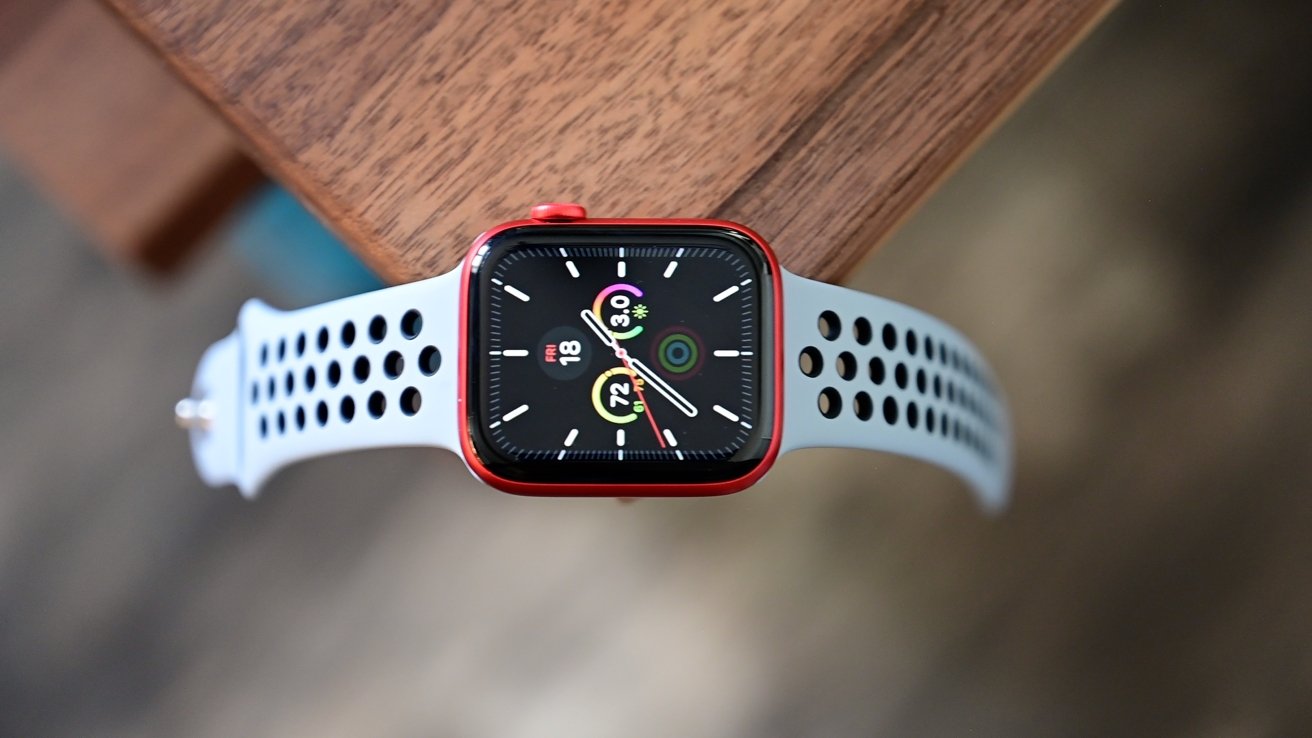Apple Watch helps discover 12-year-old's rare cancer
A young girl's family credits the Apple Watch's heart monitoring features with saving her life -- by helping to discover cancer rarely seen in children.

Apple Watch
One evening, Imani Mile's Apple Watch began alerting the 12-year-old to an abnormally high heart rate.
Mile's mom, Jessica Kitchen, took her to the hospital, where doctors diagnosed her with appendicitis. During the procedure, they discovered a neuroendocrine in her appendix, which is rarely seen in children.
The doctors then learned that the cancer had already spread to other parts of Mile's body. She had surgery at C.S. Mott Children's Hospital to remove the remaining cancer.
"If she didn't have that watch, it could have been so much worse," Kitchen told Hour Detroit.
In July, the Apple Watch helped doctors discover a rare tumor in a woman's heart after she received multiple warnings that her heart was in atrial fibrillation.
Read on AppleInsider

Apple Watch
One evening, Imani Mile's Apple Watch began alerting the 12-year-old to an abnormally high heart rate.
Mile's mom, Jessica Kitchen, took her to the hospital, where doctors diagnosed her with appendicitis. During the procedure, they discovered a neuroendocrine in her appendix, which is rarely seen in children.
The doctors then learned that the cancer had already spread to other parts of Mile's body. She had surgery at C.S. Mott Children's Hospital to remove the remaining cancer.
"If she didn't have that watch, it could have been so much worse," Kitchen told Hour Detroit.
In July, the Apple Watch helped doctors discover a rare tumor in a woman's heart after she received multiple warnings that her heart was in atrial fibrillation.
Read on AppleInsider

Comments
(AppleInsider management: There is a very serious problem with your article website since it doesn't accept commentary from it's members. Maybe the website software needs to be scrapped.)
I had to post this from the forum webpages.
This will be a sensational and inaccurate news story as it is too shocking to pass up. The watch did not detect anything other than an odd heartbeat. The boy in question had appendicitis which comes to fruition (pain) fairly quickly for those with or without a watch. The diagnosis, related imaging, and corrective surgery for it are routine. The medical term for discoveries like this is "incidental". A real world example for which I have first hand knowledge of is a stroke victim who had the standard CT Scan of the brain to identify the damaged areas. The image extended to the top part of the lungs where a nodule was identified. This site can do better than sensational headlines and what amounts to "fake news".
Incidental, it maybe, however even monthly scans won't do it as those are snapshots. There isn't enough doctors, nurses, to do the job. Plus time out of the day, fuel usage of transportation. Then there is the issue for some people, vital signs at the doctor's office is different than at normal situations. Just by having a device to take simple heart rates, we figure can out something is wrong, and we should go see a doctor, etc. I've even seen high heart rate notifications when I'm not feeling well.
Fall detection, the heart rate monitoring, etc has saved lives, but this is a case where the Apple watch was insignificant.